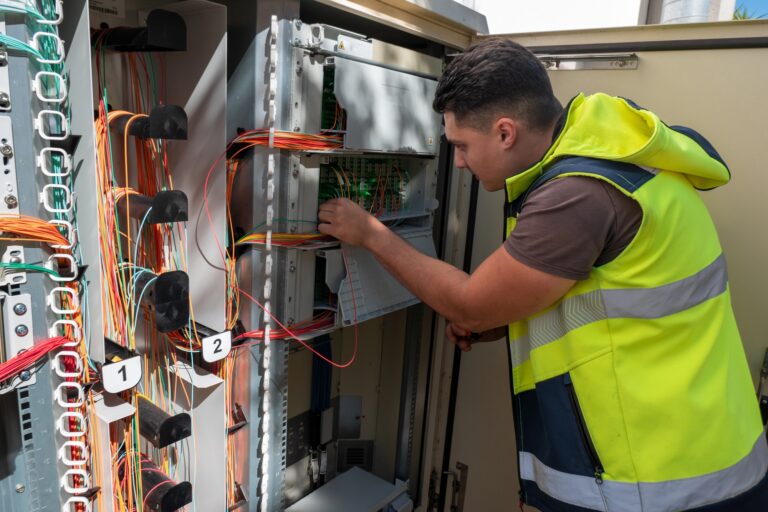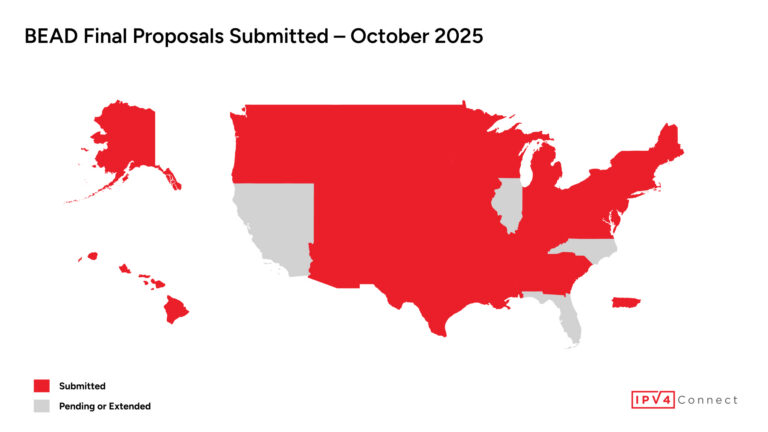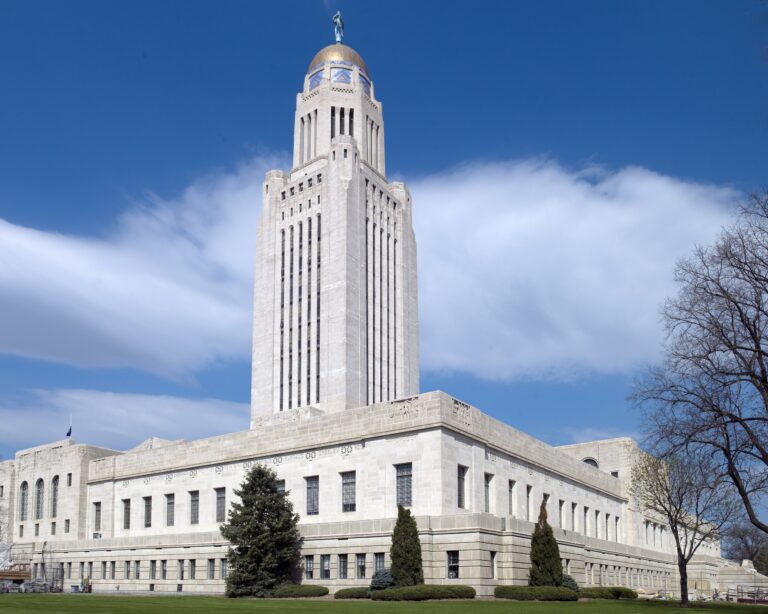Alabama’s broadband agency has officially submitted its BEAD plan to the federal government — outlining high-speed internet access for 101,000 locations while cutting overall program costs by more than $800 million.
Alabama is moving closer to universal broadband coverage. On Tuesday, the Alabama Department of Economic and Community Affairs (ADECA) submitted the state’s final Broadband Equity, Access, and Deployment (BEAD) proposal to the National Telecommunications and Information Administration (NTIA) for federal approval.
Once approved, the plan will fund high-speed internet access for over 101,000 unserved and underserved locations, achieving 100% BEAD coverage across Alabama.
The milestone follows months of technical review and a public comment period, marking the final step before Alabama begins broadband construction.
“Expanding access to high-speed internet has been one of my top priorities since taking office,” said Governor Kay Ivey. “This plan allows us to secure broadband access for all eligible Alabama addresses while saving taxpayers more than $800 million.”
A Cost-Optimized Path to Full Coverage
Through competitive bidding and negotiations with broadband providers, ADECA secured per-location costs averaging just $5,100 — far below the initial $1.4 billion estimate.
The result is a savings of over $800 million, allowing the state to stretch its BEAD funding further than any previous broadband initiative.
Approximately 75% of locations will receive wired service, while 25% will rely on low-earth-orbit (LEO) satellite coverage where fiber or fixed wireless options proved economically infeasible under NTIA guidelines.
This hybrid model reflects a growing national trend toward multi-technology broadband deployment, balancing scalability, cost efficiency, and performance.
Statewide Collaboration and Accountability
Proposed awardees include a mix of national providers, local ISPs, and cooperatives, all vetted by ADECA to ensure financial stability and service capability.
The plan also includes a robust performance monitoring program to track progress, enforce deadlines, and ensure that providers meet all NTIA speed, reliability, and affordability standards.
“Governor Ivey gave us a clear directive: every Alabamian should have access to reliable, high-speed internet,” said ADECA Director Kenneth Boswell. “This submission delivers on that vision and ensures Alabama families, schools, businesses, and farms can stay connected for decades.”
Industry Implications
Alabama’s final proposal could serve as a template for other BEAD states looking to deliver coverage at lower costs.
By strategically blending wired and satellite solutions, Alabama has demonstrated that fiscal discipline doesn’t have to come at the expense of universal access.
The success of ADECA’s approach also reinforces the importance of transparent provider selection and ongoing federal coordination, both critical factors as the NTIA reviews dozens of similar plans nationwide.
For broadband providers, infrastructure investors, and policymakers, Alabama’s model provides a clear takeaway: Innovation and efficiency are the new benchmarks for successful BEAD execution.

More on BEAD and Broadband
- More of our recent stories about BEAD and public broadband programs
- For up-to-date information on the $42 billion BEAD Program, check Brander Group’s BEAD funding progress dashboard
- ADECA – Alabama’s Broadband Office
- $1.4B BEAD Funding Now Open in Alabama
- States Submit Final BEAD Proposals to NTIA
- California Begins BEAD Funding Applications for ISPs







Leave a Reply